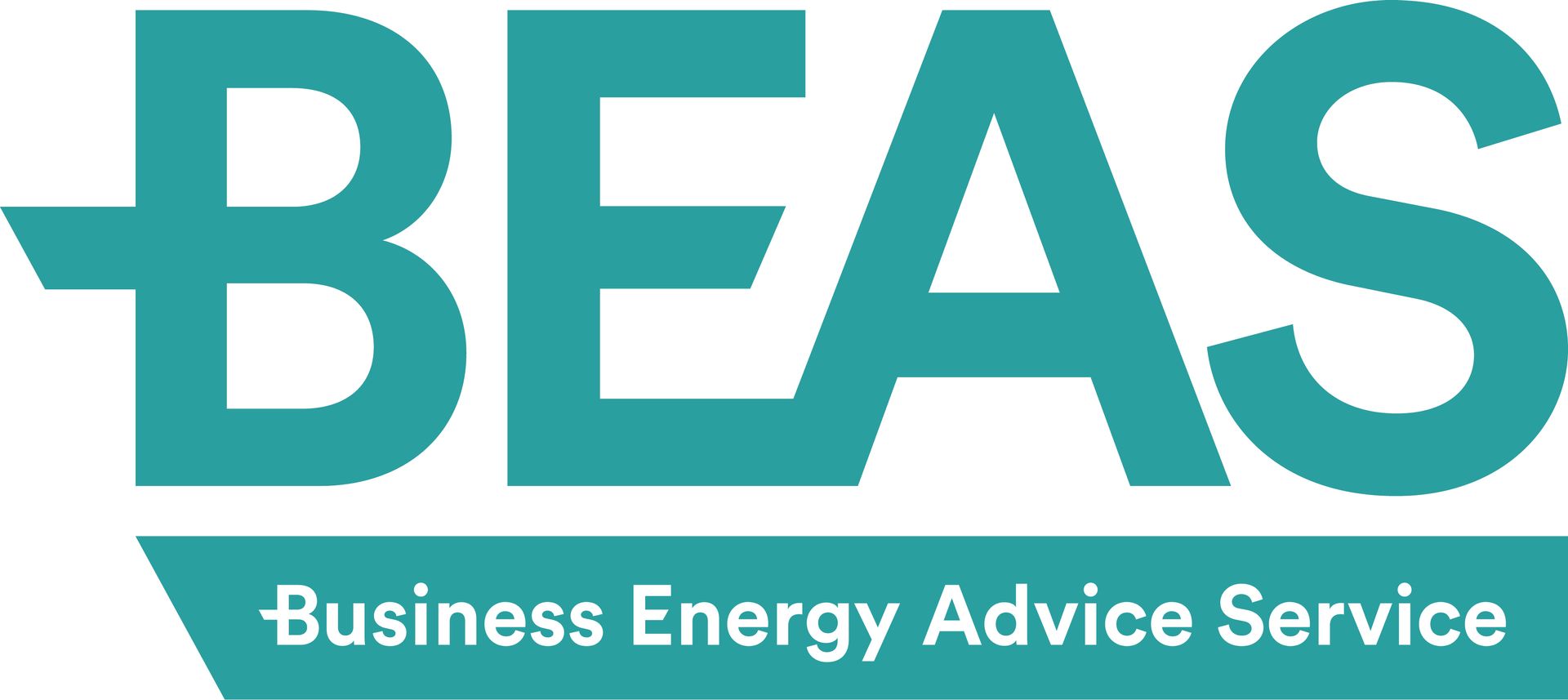Telecare National Action Plan is now live!
We have been asked to share the following information with our members from the DHSC.
****************************************************************
We wanted to let you know that the Telecare National Action Plan is now live. It was published on Tuesday 11th February at 2pm - Telecare National Action Plan: protecting telecare users through the digital phone switchover - GOV.UK.
Protecting vulnerable telecare users is a government priority, and this plan sets out the actions that industry must prioritise to ensure this protection during the digital phone switchover. For those not familiar with the risks to telecare users from the digital phone switchover, more information is given below:
- An estimated two million people in the UK currently use telecare services. Telecare services play an important preventative role across health and social care, helping individuals live independently in their home for longer and reducing the likelihood and need for hospitalisation or more formal care.
- In 2017, BT Group announced its intention to retire the analogue landline network (also known as the Public Switched Telephone Network (PSTN)) and replace it with a digital landline network). The switchover will be complete for all providers by January 2027. This change is necessary as the analogue network is no longer fit for purpose. There is a risk that some analogue telecare devices are not digitally compatible or do not perform as reliably on digital networks. This has increased risks for telecare users. Therefore, analogue telecare devices need to be upgraded to address risks to telecare users.
- The joint Telecare National Action Plan from the Department of Health and Social Care (DHSC) and the Department of Science, Innovation and Technology (DSIT) sets out the actions that stakeholders must take to safeguard telecare users during the digital phone switchover. DHSC and DSIT have worked collaboratively and closely with stakeholders from across the telecommunications, telecare, and adult social care sectors to produce this action plan.
- DHSC will monitor progress of the plan and provide an update every six months. The Action Plan sets out actions against the following main outcomes government expects to see delivered:
- No telecare user will be migrated to digital landline services without the communication provider, the customer, or the telecare service provider confirming that the user has a compatible and functioning telecare solution in place.
- Use of analogue telecare devices is phased out to ensure that only digital devices are being used.
- Telecare users, their support networks and their service providers understand what actions they need to take.
- Partners collaborate to safeguard telecare users through the digital phone switchover.
- As part of the government’s short-term actions to improve adult social care services, new national standards, and guidance for technology in social care will be developed to make it easier for providers, commissioners, and people who draw on care to identify the technologies that work best for them.
The written ministerial statement (here - Written statements - Written questions, answers and statements - UK Parliament) sets out how this links to broader ASC reforms too.
For more information, contact Patrick Vaughan, Senior Policy Advisor, Data, Assurance & Resilience, DHSC
Email:
patrick.vaughan@dhsc.gov.uk




















